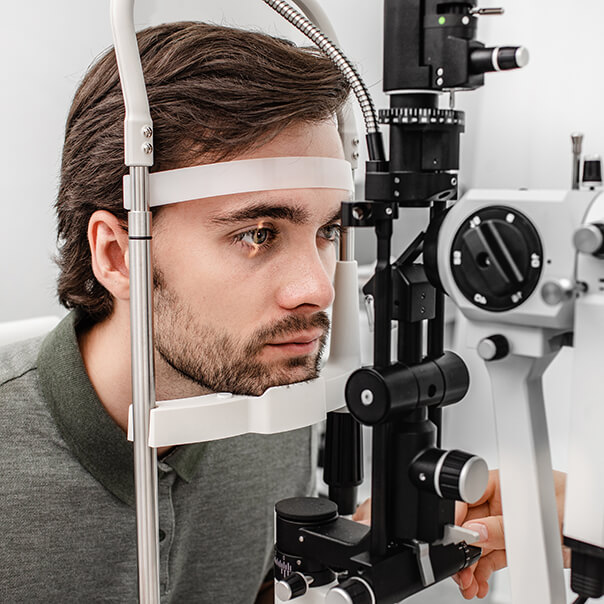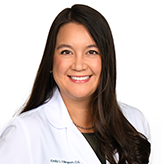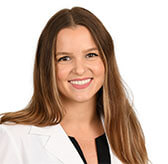
Why Do I Need a Regular Eye Exam if I Have Good Vision?
Many people who believe they have good vision don’t see any reason to have a regular eye examination. That could be a dangerous approach to taking care of your health! Did you know that some eye conditions can cause severe vision loss long before patients experience any noticeable symptoms? For example, most people don’t notice early glaucoma symptoms, but it can ultimately cause blindness if it’s left untreated.
At Northwest Eye, our eye doctors do more than check for vision when performing a comprehensive eye examination. They also test for eye health issues that patients may not have any awareness of. In medicine, the eyes are known as the windows to a patient’s health. Sometimes eye care providers can find evidence of diabetes, heart disease, brain tumors, and multiple sclerosis before patients develop more serious symptoms.
Be Eye Wise and understand the difference between a simple vision test and a comprehensive eye exam. Our Northwest Eye ophthalmologists and optometrists strongly recommend that you schedule a regular eye exam every other year if you are under 50 and yearly eye exams after that. Your eyes are vital to your health and well-being, so it’s essential to take care of them!
Comprehensive Eye Exams at Northwest Eye
It’s important to know the difference between a routine eye exam and a medical examination, as they include different tests and are billed differently to your insurance company. We also recommend contacting your insurance carrier prior to your visit, to ensure you have adequate insurance coverage. For more information on these topics, please click here.
What can be expected during a routine exam? Simple vision tests usually measure how clear your vision is when you are twenty feet away from an object. During a routine comprehensive eye exam, you can expect a much more thorough evaluation of your eye health.
During a “dilated eye exam,” your Northwest Eye doctor will insert eye drops that temporarily enlarge (dilate) your pupils. Pupil dilation allows the eye doctor to examine the retina and optic nerve at the back of the eye.
There are many different types of problems that eye care specialists look for during the exam. First, they will check for various types of refractive errors. There are several ways that the shape of the eye prevents light from focusing directly on the retina:

- Nearsightedness (Myopia) – close objects can be seen clearly, but distant objects appear blurry.
- Farsightedness (Hyperopia) – distant objects may seem clear, but close things are blurry.
- Astigmatism – both near and distant objects can appear blurry or distorted due to an unusually shaped cornea.
- Presbyopia is a focusing problem that occurs in most adults at around age 40. The eyes gradually lose their ability to see things up close due to the lens becoming less flexible.
What Happens During a Comprehensive Eye Examination?
The tests included in a comprehensive eye examination can vary according to a patient’s age, health, and family history. Trained ophthalmic technicians usually assist our ophthalmologists with some of the medical history and testing. During a comprehensive eye exam, you will likely undergo the following tests:
- Visual Acuity – to assess how clear your vision is. It measures what is considered normal vision at a distance of 20 feet.
- Retinoscopy, refraction, or aberrometer – to measure your current eyeglasses or contact lens prescription.
- Slit Lamp examination – an instrument to look inside the eye for signs of common eye diseases and conditions.
- Visual Fields – test to identify blind spots or problems with side (peripheral) vision.
- Cover Test – to check for how well the eyes are working together and detect strabismus (abnormal alignment of the eyes).
- Glaucoma Test – This test is also known as tonometry that measures the pressure within the eye.
- Evaluation of the optic nerve, retina, and blood vessels – evaluation of these parts of the eyes uses an ophthalmoscope and pupil dilation.
Why Is It Important to Have My Pupils Dilated?
If your eye doctor examines your eyes without dilation, they will not be able to see any serious problems that may be developing in the back of the eye. That is where the retina and optic nerve are located.
Be Eye Wise and remember that it is difficult to drive or read when the pupils are dilated. Since the dilation may take several hours to wear off, patients should arrange a ride home from their appointment.
We recommend that patients schedule late afternoon appointments or plan to take a few hours off from work or school on the day of their comprehensive eye exam. Bright daylight may be extremely uncomfortable for dilated eyes, so it’s a good idea for patients to bring sunglasses to wear after the exam.
Schedule your comprehensive eye examination at Northwest Eye today!














